Year: 2024
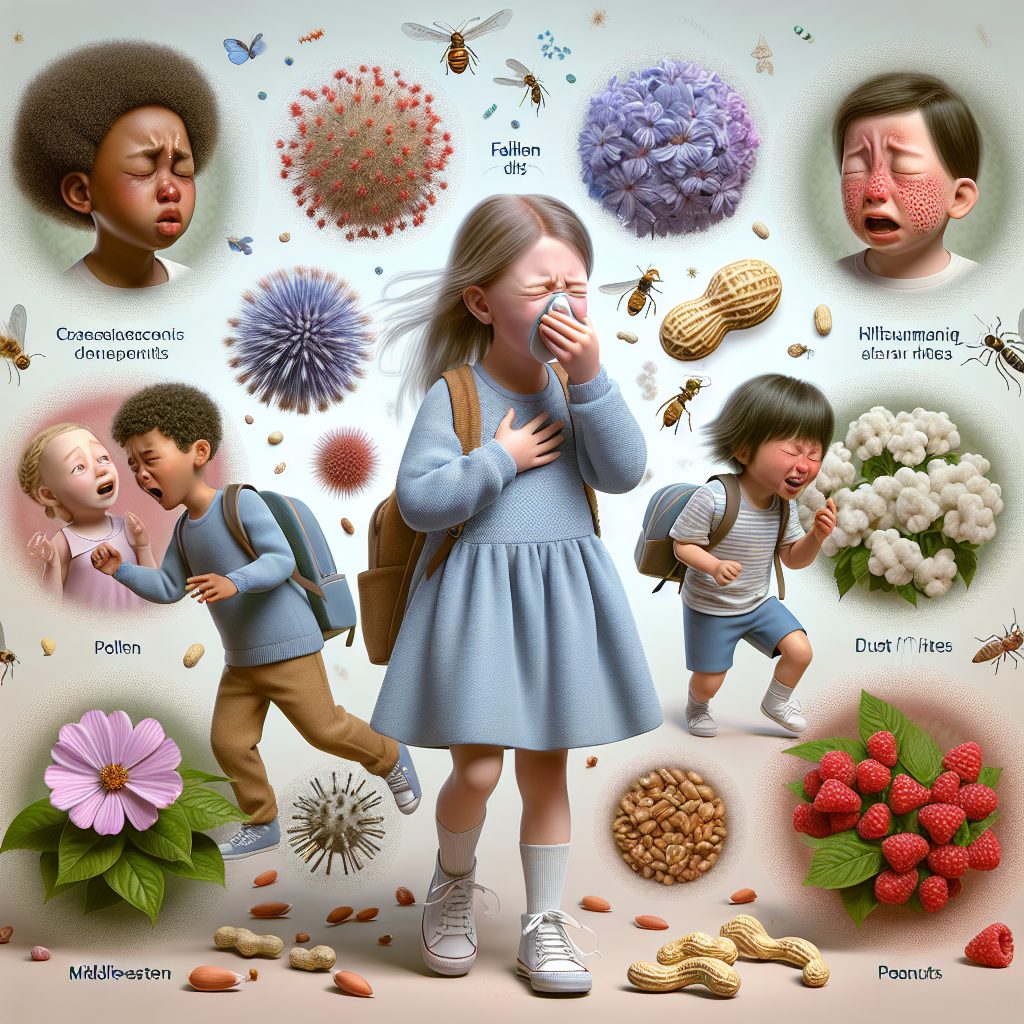
Allergens and Children’s Health
Allergens can have a detrimental effect on children’s health, leading to a wide range of physical and mental health issues. Exposure to allergens such as pollen, dust mites and mold can trigger adverse reactions in some individuals, causing inflammation of the airways, skin irritation and anaphylactic shock in the most…
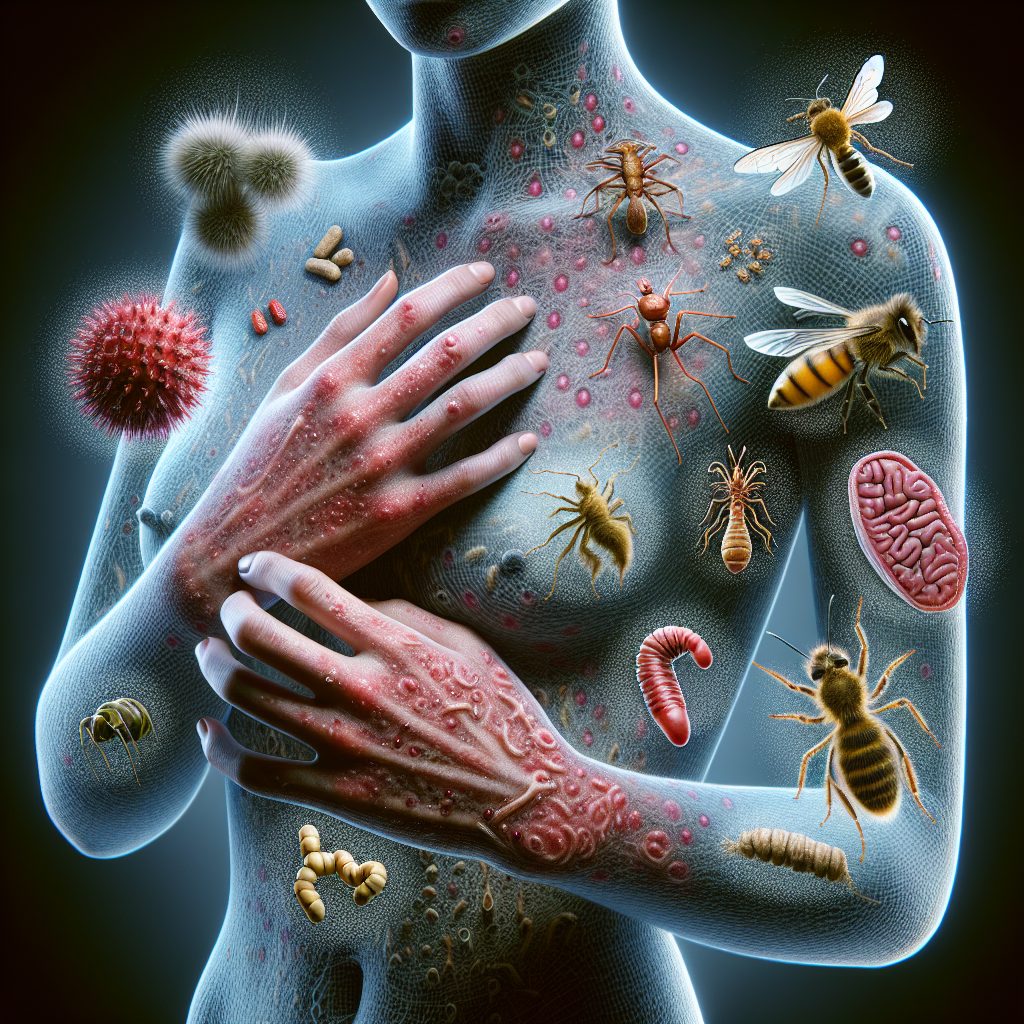
Allergens and Skin Irritations
Allergens and skin irritations are the two biggest causes of skin and other related illnesses seen in modern day society. These same allergens and skin irritations can cause big problems for those with food allergies, skin sensitivities, and other health concerns. Allergens can be found in everyday activities such as…

Allergen-Reducing Strategies for Businesses
The Allergen-Reducing Strategies for Businesses topic is one that cannot be ignored. As allergy sufferers are increasing on all continents, it is critical for businesses to offer allergy-free environments in their physical and virtual spaces. Currently, according to a report from the American College of Allergy Asthma and Immunology, approximately…

Allergen Avoidance Strategies
Allergen avoidance strategies are techniques used to reduce or eliminate the potential of an allergic reaction to certain foods. These strategies can range from following a specific diet to allergic testing and regular monitoring of reactions. Allergy avoidance strategies have become increasingly important in recent years as more food-related allergies…

Allergen-Proofing Your Home
Allergen-proofing your home is something that many people are quite conscious of. This is due to the potential health risks that allergens pose to your family. Allergens may worsen allergies and asthma, cause irritation, redness, and rashes, and even trigger allergic reactions. Allergens such as pet dander, dust mites, and…
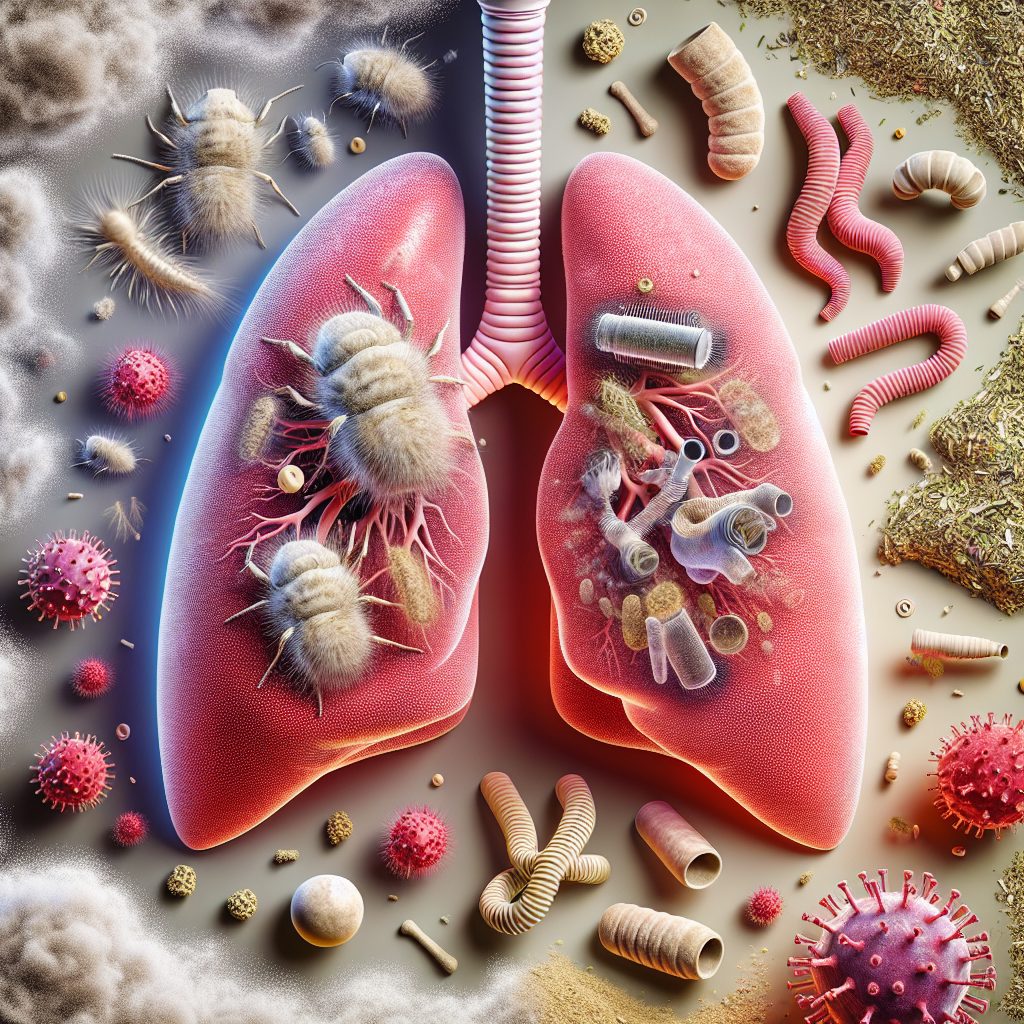
Allergens and Respiratory Health
Allergens are substances found outdoors or indoors that can cause an allergic reaction. Common allergens outdoors include pollen, pet dander, and dust in the environment. Some indoor causes of allergies can be food, animal fur, or dust in the home. Allergens can affect respiratory health by which people inhale the…
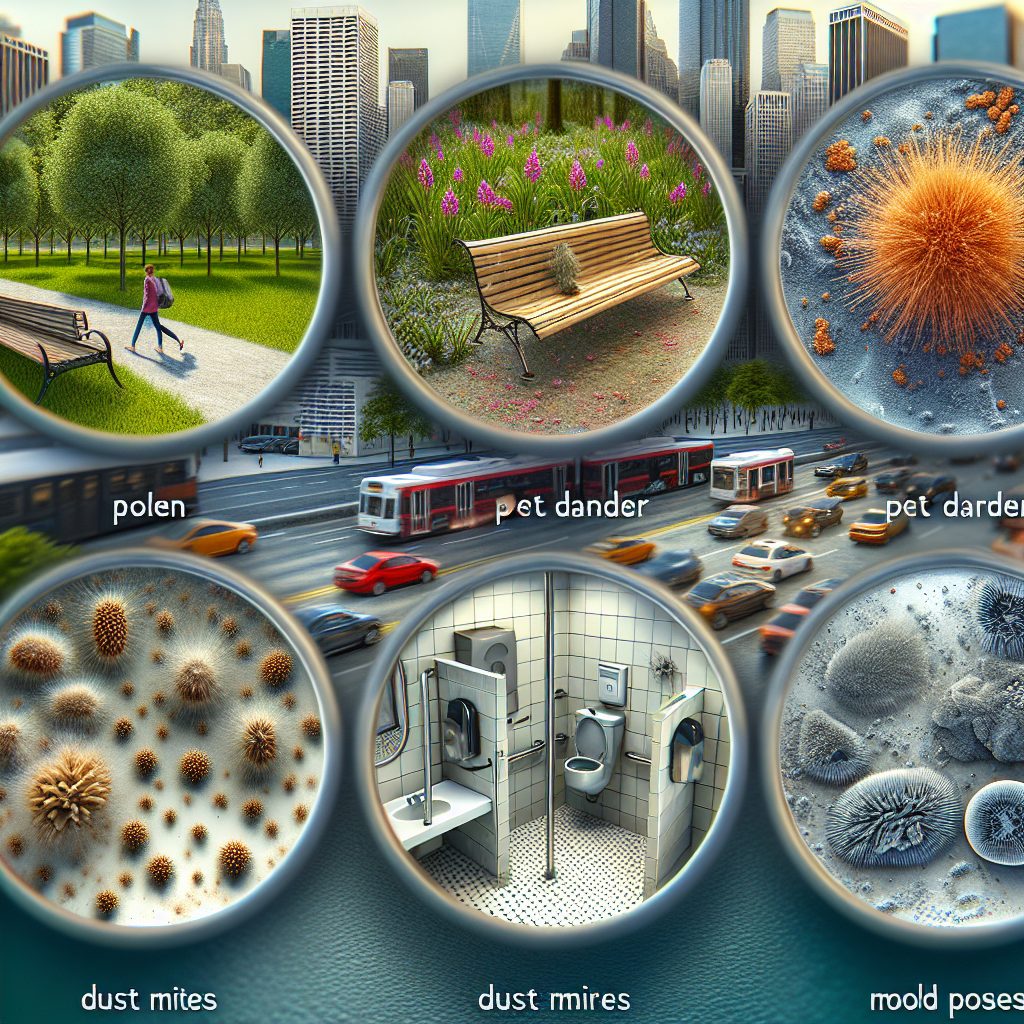
Allergens in Public Spaces
Allergens exist everywhere, even in public spaces and can have an adverse effect on those who have allergies. Pollen, pet dander, dust mite droppings, insect stings, and mold are all possible sources of allergens that can cause an allergic reaction in people who enter public spaces where they are present.…
Allergens and Sinus Issues
Allergens are microscopic particles from the environment which, when inhaled, cause an immunological reaction leading to inflammation and swelling of the nasal and sinus passages. These allergens can be dirt, dust, pollens, mold, pet dander, and other airborne particles which can cause sinus issues such as congestion, sneezing, itchy eyes,…

Allergen-Free Home
An allergen-free home is a special environment created to ensure that it is free from the allergens that can cause irritation or reactions to people who suffer from allergies. These environment require the strict use of products which are free from allergens such as dust mites, pollens, mold spores, and…

Allergens and Weather Changes
Allergens are substances that can trigger an immune system reaction, usually in the form of sneezing, coughing, itchy eyes, and a stuffy nose. Changes in the weather can greatly affect allergens, as different temperatures, humidity levels, and wind speeds can cause large centers of allergens to be pushed from one…

Sustainable Carbon Practices
Sustainable carbon practices refer to strategies and actions designed to reduce the amount of carbon emitted into the atmosphere. This could include activities such as routing cars, increasing the use of public transit, or emphasizing the use of renewable energy sources. Sustainable carbon practices have become increasingly important in recent…

Reduce Carbon Footprint
Reducing carbon footprint is an important initiative in stopping the severe environmental damage caused by unsustainable practices, such as the burning of fossil fuels. Carbon footprint is a measure of the total amount of greenhouse gases emitted into the atmosphere by burning such fuels as coal, oil, and natural gas,…

Corporate Carbon Responsibility
The increasing demands and expectations of society in regards to environmental responsibility have made businesses increasingly accountable for their carbon footprints. Corporate carbon responsibility is a term used to describe the actions businesses take to meet this demand. Many companies are implementing strategies, such as measures to reduce emissions, track…

Allergens and Workplace Productivity
Allergens in the workplace can affect productivity in a variety of ways, but few employees are prepared to address them. According to the National Resources Safety Council (NRSC), allergies are the sixth leading cause of chronic disease in the world. The most common work-related allergens include dust, pollen, mold, and…

Allergens and Travel
Traveling and having allergies is often an overwhelming task. Allergens, which are a natural particles or substances that cause an allergic reaction, can be found in many places. These allergens can range from airborne pollen to food-based allergens like nuts, wheat, or pollen particles on all surfaces. Therefore, when going…

Airborne Allergens in Schools
Airborne Allergens in Schools is a growing concern due to the fact that while students are in school, they may be exposed to a wide range of allergens which can cause allergic reactions. Allergens can be found in both indoor and outdoor environments; outdoor sources such as pollens, mold spores,…

Offset Carbon Emissions
Offset carbon emissions is an environmental initiative that looks to reduce the amount of carbon dioxide released into the atmosphere. It works by having companies and individuals offset or counterbalance the amount of emissions by either planting trees or investing in renewable energy. This process counteracts the rising levels of…
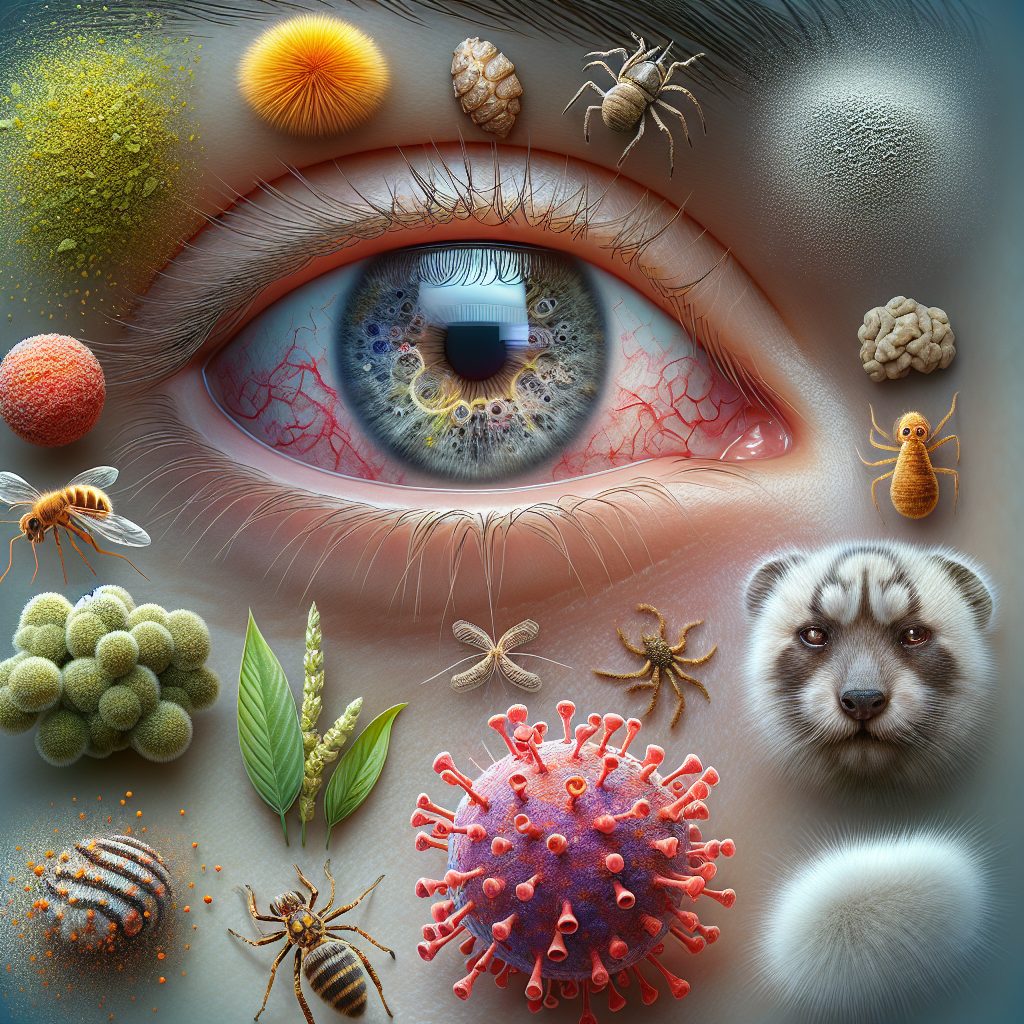
Allergens and Allergic Conjunctivitis
Allergens are substances that when introduced to the body, provoke an immune response causing an allergic reaction. This is an adverse reaction whereby the body releases chemicals in response to the allergen and inflammation results. Allergic conjunctivitis is inflammation of the conjunctivae caused by the presence of an allergen. Common…

Carbon Neutral Living
Living a carbon neutral lifestyle has become a popular trend in recent years as the environmental, economic and social benefits of reducing one’s carbon footprint become increasingly apparent. Carbon neutrality involves reducing emissions or offsetting them through renewable energy initiatives such as investing in sustainable energy production. It is a…
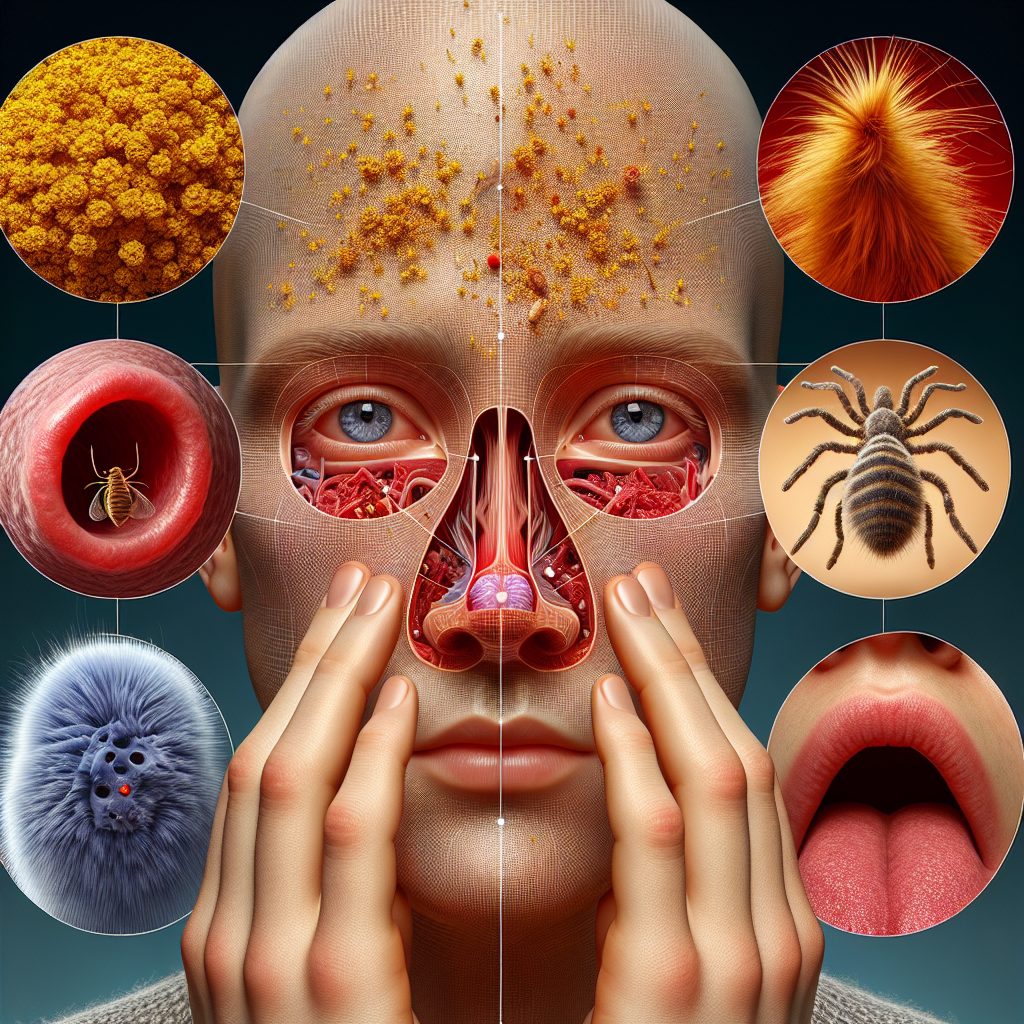
Allergens and Allergic Rhinitis
Allergens are substances that cause the body to respond in an immune reaction including reactions such as allergic rhinitis. Allergens are typically inhalable particles such as mold, dust mites, pet dander, pollen, and cockroach debris. Allergic rhinitis is a condition triggered by allergens that cause inflammation in the nose and…
